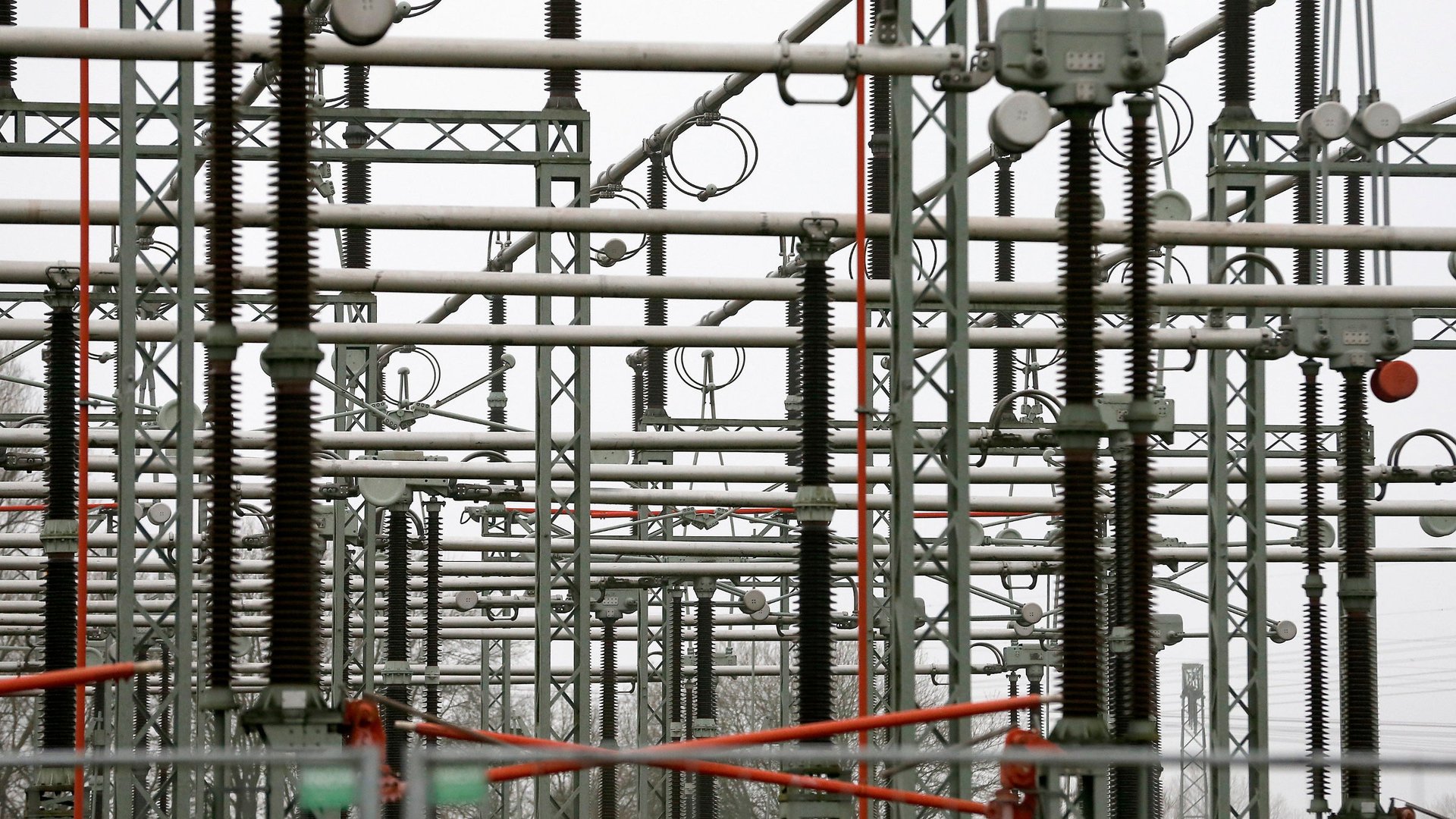Here’s why JP Morgan is being accused of Enron-style shenanigans
A little known US agency is trying to wring $500 million out of JP Morgan. What the FERC?!


A little known US agency is trying to wring $500 million out of JP Morgan. What the FERC?!
Not many people are aware of the US Federal Energy Regulatory Commission, which was a minor player before the Enron energy-manipulation scandal led Congress to bolster its firepower in 2005 with new penalties for bad actors. FERC alleges that JP Morgan manipulated energy prices at some old power plants it acquired when Bear Stearns dissolved in 2008, causing California and Michigan to pay $83 million more than they should have for power. If the reported settlement with JP Morgan goes through, it will be the highest fine in the agency’s history.
Here how JP Morgan could have manipulated energy prices, if the allegations are true:
- JP Morgan’s energy sales team would offer a low bid for power from a particular plant a day ahead of the sale, leading state electrical system operators to schedule that power plant for operation.
- The next day, JP Morgan traders would raise the price of energy from that plant, leading the electrical system operators to choose a different, cheaper bid.
- But, because the plant was scheduled to operate and then didn’t, it would become eligible for a “make-whole” payment. These payments are designed to recompense power plants that expect to operate but don’t, in an effort to smooth out price volatility. In this case, they apparently allowed JP Morgan to generate a profit on their assets without actually providing electricity.
The manipulating of heavily regulated energy markets through creative price-setting is analogous to what Enron did in the early part of the century with strategies named “Fat Boy,” “Ricochet,” and the always popular “Death Star.” They allowed the company to exploit public attempts to keep the cost of power low with little repercussion, “other than a public relations risk arising from the fact that such exports may have contributed to California’s declaration of a Stage 2 Emergency yesterday,” according to a 2000 Enron memo.
While it’s not yet clear if JP Morgan will settle, reports from inside the bank suggest that management facing extensive regulatory scrutiny wants to get this case over and done with. Barclays, facing similar charges from FERC over electricity market manipulation, is planning to fight the regulator in court.